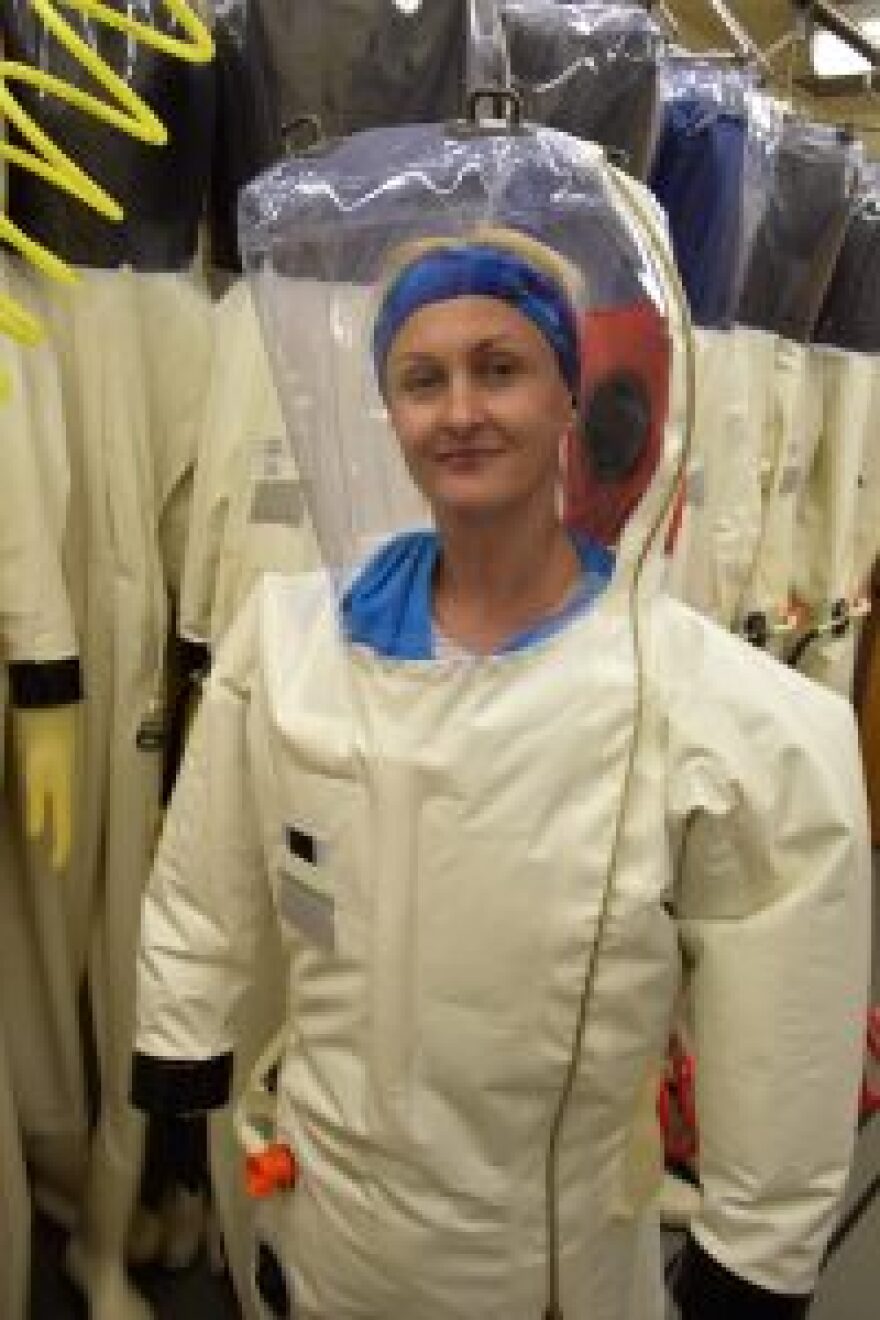It's a tale of two diseases. Researchers at the Texas Biomedical Research Institute are trying to figure out if being infected with malaria can help a person infected with Ebola fight off the disease.
With an ongoing outbreak in the Democratic Republic of the Congo that has sickened more than 300 people, killing nearly 200, and the death of Thomas Duncan in Dallas of the disease four years ago, researchers in the U.S. are working hard to better understand the virus and how to fight it.
Texas Biomed scientist Olena Shtanko said there is evidence that suggests some people who are already infected with malaria do better if they are infected with Ebola, but there is also evidence suggesting the opposite.
Shtanko said she thinks an acute, recent infection with the malaria parasite revs up the immune system and helps an infected person fight off the Ebola virus, while a chronic infection weakens a person’s immune system, making them more susceptible to contracting the disease.
"We are going to infect mice with the malaria parasite,” Shtanko said, “and then these mice are going to be challenged with the Ebola virus, and we are going to ask a question: ‘Is malaria parasite protective against Ebola virus or not?’ "
In the end, Shtanko hopes her research teaches her much more than whether or not malaria is protective against Ebola. She said the goal is to really understand the human immune system and how it responds to Ebola infection, as well as other similar infections.
"We have not been studying this — ever. We actually don't understand anything about it,” Shtanko said. “So this is going to open a brand new avenue for us to know how to target the diseases. Not only Ebola but other diseases that act on us in a similar manner."
The National Institutes of Health has given Texas Biomed a grant for this study, which will take place over the next two years.
Bonnie Petrie can be reached at bonnie@tpr.org or on Twitter @kbonniepetrie





